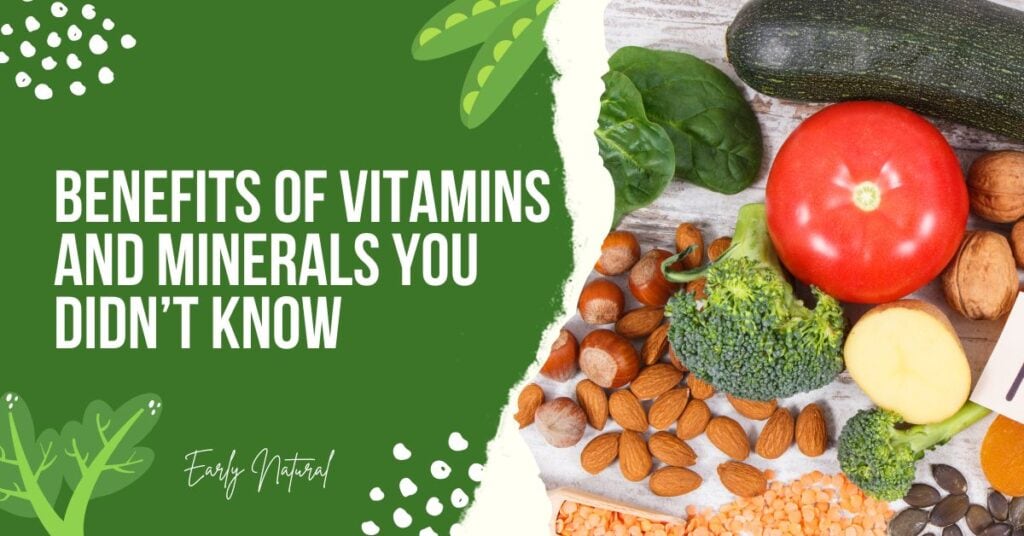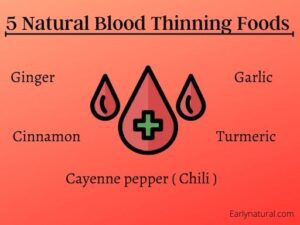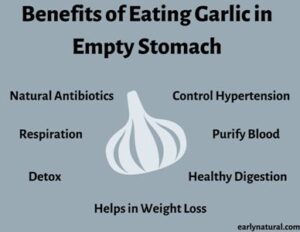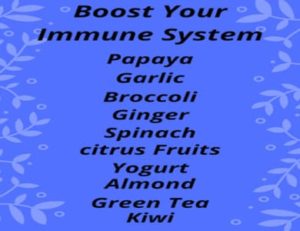To stay healthy, it’s important to know the benefits of vitamins and minerals and what they do in our bodies. They are essential nutrients that your body needs in small amounts to function properly.
In this article, you’ll learn why vitamins and minerals are essential to our health and well-being, including providing daily energy, building strong bones, and protecting against serious illnesses like cancer and heart disease.

Important Vitamins for the Body
Vitamin B2
Vitamin B2 helps your body produce energy from protein and carbohydrates. It also keeps your skin, blood cells, and mucous membranes healthy.
A lack of riboflavin can cause a condition called riboflavin deficiency, which may lead to problems with breathing, swallowing, or walking; swelling or cracks in your lips; cracked fingertips; swollen tongue; and other symptoms.
Getting enough riboflavin is especially important if you’re pregnant since it’s needed for healthy red blood cell production.
Vitamin B2 is found in dairy products, eggs, meat, fish, leafy green vegetables like spinach and Swiss chard, legumes like beans and peanuts, whole grains like brown rice and wheat germ, fortified breakfast cereals, and yeast extract spreads such as Marmite.
The daily recommended intake for adults ranges from 1.3 milligrams per day (mg/day) to 1.7 mg/day depending on age and gender—and smokers need higher amounts than non-smokers do.
Vitamin D
A vitamin that is produced naturally when skin is exposed to sunlight. Vitamin D is also added to food as a fortification and can be taken in supplement form.
One cup of milk contains 25 percent of your daily value (DV) for vitamin D, which translates to about 400 IU. There is no upper limit established for vitamin D by the Institute of Medicine (IOM), and most health organizations recommend taking 600-800 IU per day.
According to research, vitamin D deficiency was associated with an increased risk for heart disease and stroke in middle-aged men.
Those who took at least 800 IU/day had a lower risk than those who did not supplement or did not get enough exposure to sunlight.
It Can help to improve bone health and reduce the risk of breast cancer, colorectal cancer, and other chronic diseases.
Vitamin E
It Can help treat and prevent chronic diseases, including cancer, cardiovascular disease, dementia, and cataracts.
Take 400 IU per day in your diet. Your body can’t produce vitamin E on its own, so you must get it from foods or supplements.
If you want to add an extra antioxidant boost to your daily routine, consider taking vitamin E supplements—but don’t go overboard with them.
Your body only needs about 15 mg a day; more than that could lead to side effects like nausea and diarrhea.
Vitamin K
Although lesser known than vitamins A, C, and E, vitamin K is an important part of a healthy diet. It helps form proteins that make up your blood cells and aids in digestion by helping produce bile.
It also protects your bones from becoming brittle and breaks down cholesterol. These are just some of vitamin K’s many functions—it also helps maintain your immune system.
In addition to being found in leafy greens like spinach, Broccoli, it can be found in fish, dairy products, and cereals.
Vitamin C
It is essential for your body to properly function the immune system, which helps the body fight off infections and diseases.
Although most Americans get enough vitamin C to meet their daily needs, consuming large amounts may have some surprising health benefits.
A study published in The Journal of Clinical Endocrinology & Metabolism in June 2014 showed that taking at least 1,000 milligrams per day for several months can lower blood pressure.
It’s not clear how vitamin C works to lower blood pressure, but some experts suggest it might be linked to its antioxidant effects on certain tissues within our bodies.
A cup of orange juice has about 137 percent of your daily recommended intake of vitamin C and makes a quick snack or morning boost. You can drink Citrus fruits for vitamin C.
Vitamin B (Folic Acid)
The USPSTF recommends that all women of childbearing age consume 400 micrograms daily and that they continue taking it while they are pregnant.
It helps prevent neural tube defects (NTDs), which are serious birth defects affecting the brain and spinal cord. It Promotes healthy skin, hair, and nails and supports brain function and immune function.
A single shot is usually enough to get your folic acid levels back to normal after having a baby or suffering from an NTD-related condition.
Though folic acid isn’t as well-known as other vitamins, it’s one you should make sure you’re getting enough of each day.
Vitamin A
It helps keep vision healthy and supports skin health; some signs your vitamin A levels are low include dry eyes, night blindness, and a red or yellow tinge to your skin.
If you suspect your levels might be low, ask your doctor for a blood test. Opting for nutrient-dense fruits and vegetables—such as sweet potatoes, carrots, spinach, and kale—can help prevent deficiency.
Keep in mind that eating too much-preformed vitamin A (retinol) can cause liver damage in adults; stick to food sources like fish and eggs when possible.
Read also… 7 Best Clove Tea Benefits for Your Health
Some Essential Minerals
Calcium
Don’t just go for milk—your bones need calcium from various sources. Make sure you’re getting enough calcium in your diet (recommended daily allowance is 1,000 mg per day) by eating broccoli, kale, almonds, and other whole foods.
And make sure to take a supplement if you’re not getting enough sunlight: Vitamin D promotes bone health and is essential for absorbing calcium.
Iron
Iron is a key component in red blood cells that carry oxygen through your body. If you don’t get enough iron through your diet, you can become anaemic and feel fatigued or run down.
If you do get enough iron, though, it contributes to a healthy immune system. Iron-rich foods include meat (especially liver), spinach, beans and peas, dried fruit, and dark chocolate.
Foods that inhibit iron absorption include calcium supplements, coffee, and tea. Avoid taking these at roughly the same time as eating foods rich in iron to maximize absorption. Vitamin C increases its absorption as well!
Magnesium
It plays a role in more than 300 biochemical reactions in your body, including those that support muscle and nerve function.
Magnesium deficiency is common since only about half of Americans get enough from their diets. Low levels may worsen high blood pressure, asthma, migraines, and PMS symptoms. It also helps regulate blood sugar levels, promotes normal blood clotting, and supports bone health.
As a bonus: Getting enough magnesium may reduce your risk for diabetes and heart disease—two leading causes of death among Americans. Older adults are especially at risk for deficiency because our bodies don’t absorb it as well as we age.



